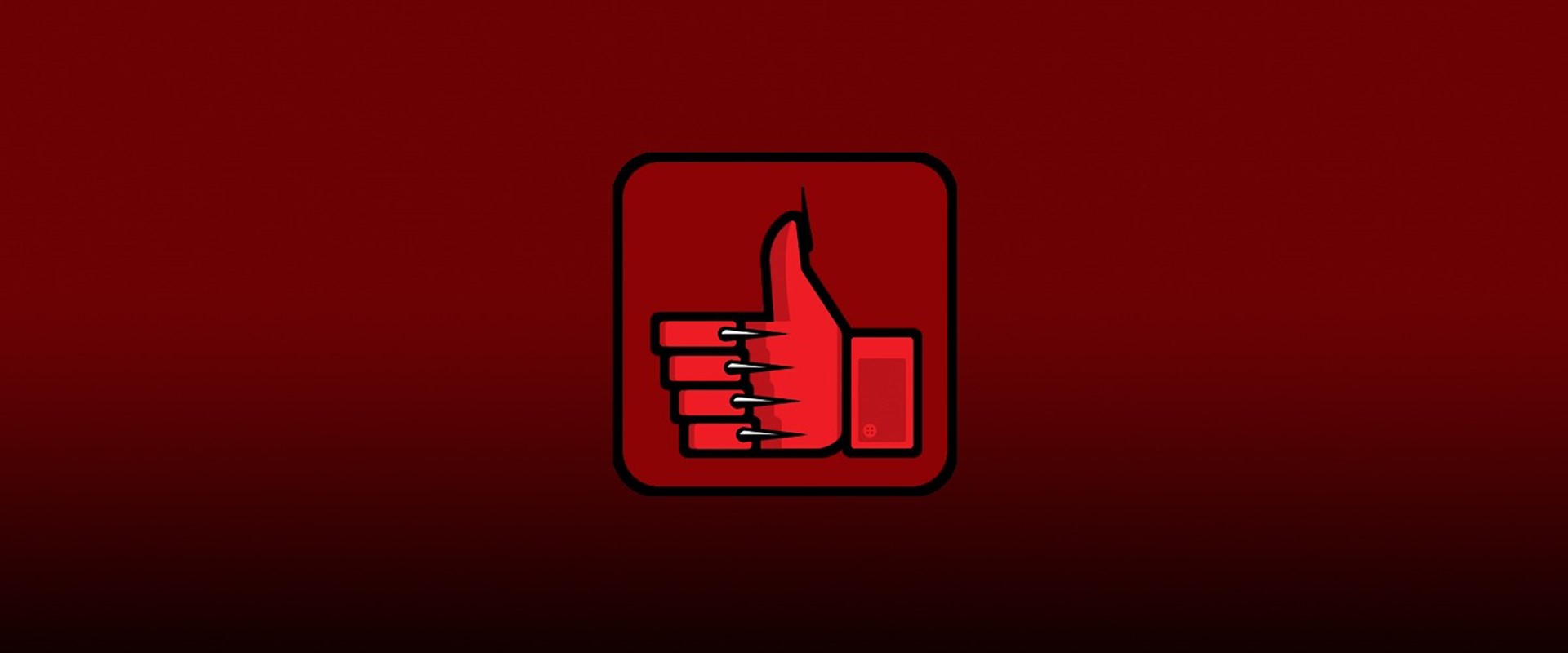During a typically engaging and insightful speech at the Festival of Marketing back in 2016 Keith Weed, Unilever’s then Chief Marketing Officer was bemoaning the power and influence of social media. Even back then he was actively talking about suspending Unilever's advertising on Facebook because of the lack of control over some of the highly dubious sexual and extremist content they often found their ads appearing alongside. He also aired concerns about the voracity of data and the true reach of what they were paying for with many potential ad views being by bots as opposed to real people. Weed frequently railed against the social media giants and continued to threaten to pull his advertising spend. Two days ago Unilever finally, and after Weed’s retirement, decided to boycott Facebook due to concerns over hate speech and divisive content along with a slew of major advertisers including Verizon, Coca Cola, Honda and over 100 other companies.
"Given our Responsibility Framework and the polarized atmosphere in the U.S., we have decided that starting now through at least the end of the year, we will not run brand advertising in social media newsfeed platforms Facebook, Instagram and Twitter in the U.S.," the company said in a statement. "Continuing to advertise on these platforms at this time would not add value to people and society. We will be monitoring ongoing and will revisit our current position if necessary.” Said Unilever’s statement.
Facebook is now facing a snowball effect of advertisers abandoning the site, a possible $76M sales slump and shares sliding 7% in a day. In between starting to write and then posting this blog Starbucks has also joined the list. Disappointingly, but typically only when they might be financially penalised has Facebook finally responded by now reviewing some of the laissez-faire policies that have allowed hate speech, misinformation and extremist content to thrive on its platform.
“The hate speech is there because it maximises engagement.” Said Roger McNamee a former advisor to Zuckerberg who has become an ardent critic. As well as the obviously racist content, for which there are no excuses for not getting it removed immediately and the authors banned, there is a lot of the kind of insidious, misleading content of the kind that Trump seems to favour retweeting. For example a recent post showing graffiti on a war memorial attributed to BLM protesters that was several years old.
Facebook has long been accused of doing little, at best, to combat hate speech, bullying and illegal activity on its platforms but even now, when its finally driven to act, it’s on their own terms and with an ongoing underlying sense of denial:
“Boycotting in general is not the way for us to make progress together.” said Carolyn Everson the company’s VP of global business solutions in a memo to advertisers. “I also really hope by now you know that we do not make policy changes tied to revenue pressure. We set our policies based on principles rather than business interests.”
Unfortunately their actions are consistently the exact opposite of this as they only seem to do anything when forced to do so either by regulators, public opinion or the markets. In recent weeks, Mark Zuckerberg, the co-founder and chief executive of Facebook, has been criticised for repeatedly refusing to take action over inflammatory posts made on his networks by President Trump whereas the same posts on Twitter were part-censored.
As the pressure builds on Facebook with the significant loss of advertising revenue from these huge brands, with advertising agencies actively advising clients to join the boycott campaign and the statement this sends out especially in light of The Black Lives Matter movement, it will be interesting to see how Facebook responds and what measures it takes. Facebook consistently disappoints by being reactive rather than proactive.

